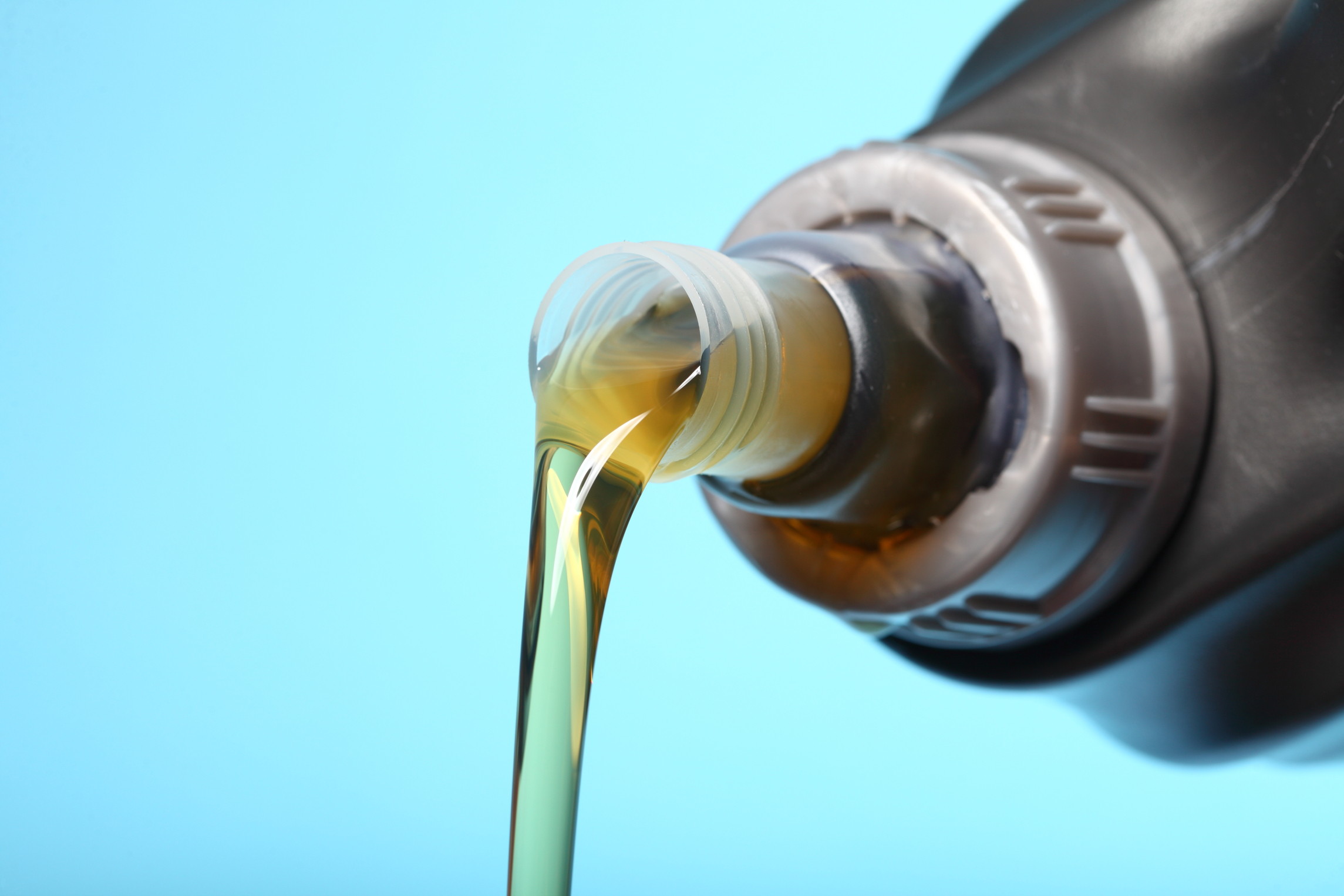
Synthetic oil is a man-made lubricant made up of chemical substances that have been synthesized chemically. Chemically modified materials, such as petroleum components, are used to make synthetic oils, but the underlying source is usually distilled crude oil. Any extra ingredients, as well as the actual synthesis method for making synthetic oil, differ from one producer to the next and are kept as a trade secret.
What is synthetic oil?
Artificially produced lubricants are frequently utilized as a replacement for petroleum-based oils that must work in severe temperatures. Synthetic oil was first produced in 1929 and has since been utilized in everything from everyday automobiles to high-performance vehicles and even aircraft. Synthetic oils are now required in some engines, such as aviation jet engines. Although synthetic oil was formerly mostly utilized in high-performance automobiles, it is now being employed in more popular engines to help automakers increase fuel economy.
Synthetic oils are made from higher-quality base oils rather than less-refined or less-refined base oils. Synthetics are made from these higher-quality basic oils:
- Acidification and oxidation are less likely.
- More chemically stable
- It’s more difficult to break down and lose desirable traits.
What is the difference between synthetic and conventional oil?
Unless you want to get into a scientific debate, the difference between synthetic and traditional oil (also known as mineral oil) is very straightforward. Crude oil that has been taken from the ground and processed is known as conventional motor oil. Synthetic oil, on the other hand, is a man-made substance derived from petroleum components and/or other elements.
Why does it matter what oil I put in my car?
Synthetic oil will allow your car to be top-performing. There are two different types of synthetic oil: full synthetic oil and synthetic oil blends.
Full-synthetic oil is designed specifically for high-tech engines. These oils provide improved, longer-lasting performance in all essential areas, from viscosity index to protection against engine deposits, if they pass demanding specific testing (as specified by their labeling). At low temperatures, they flow better, and at high temperatures, they retain maximal lubrication.
Oil with a Synthetic Blend: This is simply premium regular oil with a synthetic boost. They’ve been designed to provide better protection under higher engine temperatures and larger engine loads. Pick-up and SUV drivers choose these oils because they provide superior protection at a fraction of the expense of premium traditional oils.
The benefits of synthetic oil
- At service temperature extremes, better low- and high-temperature viscosity performance.
- Engine protection has improved. Consider how the engine parts of an automobile move at fast speeds and are constantly in contact. Those engine components can deteriorate in harsh situations. The only thing that acts as a barrier between those moving parts is your motor oil. Fully synthetic oils, unlike synthetic blends or traditional oils, will not break down and will preserve your engine for longer—up to 250,000 miles.
- Chemical and shear stability are improved.
- Evaporative loss is reduced.
- Resistance to oxidation, thermal breakdown, and oil sludge issues are all issues that need to be addressed.
- Extended drain intervals are possible, with the environmental benefit of generating less used oil waste.
- In some engine designs, improved fuel economy is possible.
- When it comes to very cold temperatures, better lubrication is a must.
- It’s possible that the engine will last longer.
- Superior protection against the formation of “ash” and other deposits in engine hot spots (especially turbochargers and superchargers) for less oil burnoff and a lower risk of harmful oil channel blockage.
- Because the engine has less initial drag, it produces more horsepower and torque.
- Last but not least, improved fuel economy is one of the advantages of synthetic oil (FE).
Related Posts
Key Takeaways On average, passenger vehicle tires last 40,000 to 60,000 miles, depending on type, driving habits, and maintenance. Replace tires when tread depth reaches 2/32”, if damaged, or older than 10 years. Regular rotation, alignment, and proper inflation extend tire life. Aggressive driving, poor roads, and harsh weather shorten tire lifespan. Take advantage [...]
When you think about car maintenance, you probably focus on oil changes, tire rotations, and maybe even brake pad replacement. But what about your brake fluid? If you’ve ever wondered, “What does brake fluid do?” or “Why is brake fluid important?”, you’re not alone. Brake fluid might not be the most talked-about part of [...]
Is that high-pitched squeal from your brakes driving you—and everyone else—crazy? Don’t ignore it. Squeaky brakes aren’t just annoying, they’re your car’s way of saying something needs attention. Whether you're cruising through Salt Lake City or winding up Idaho’s mountain passes, here’s what’s likely going on, how you can fix it, and when it [...]





